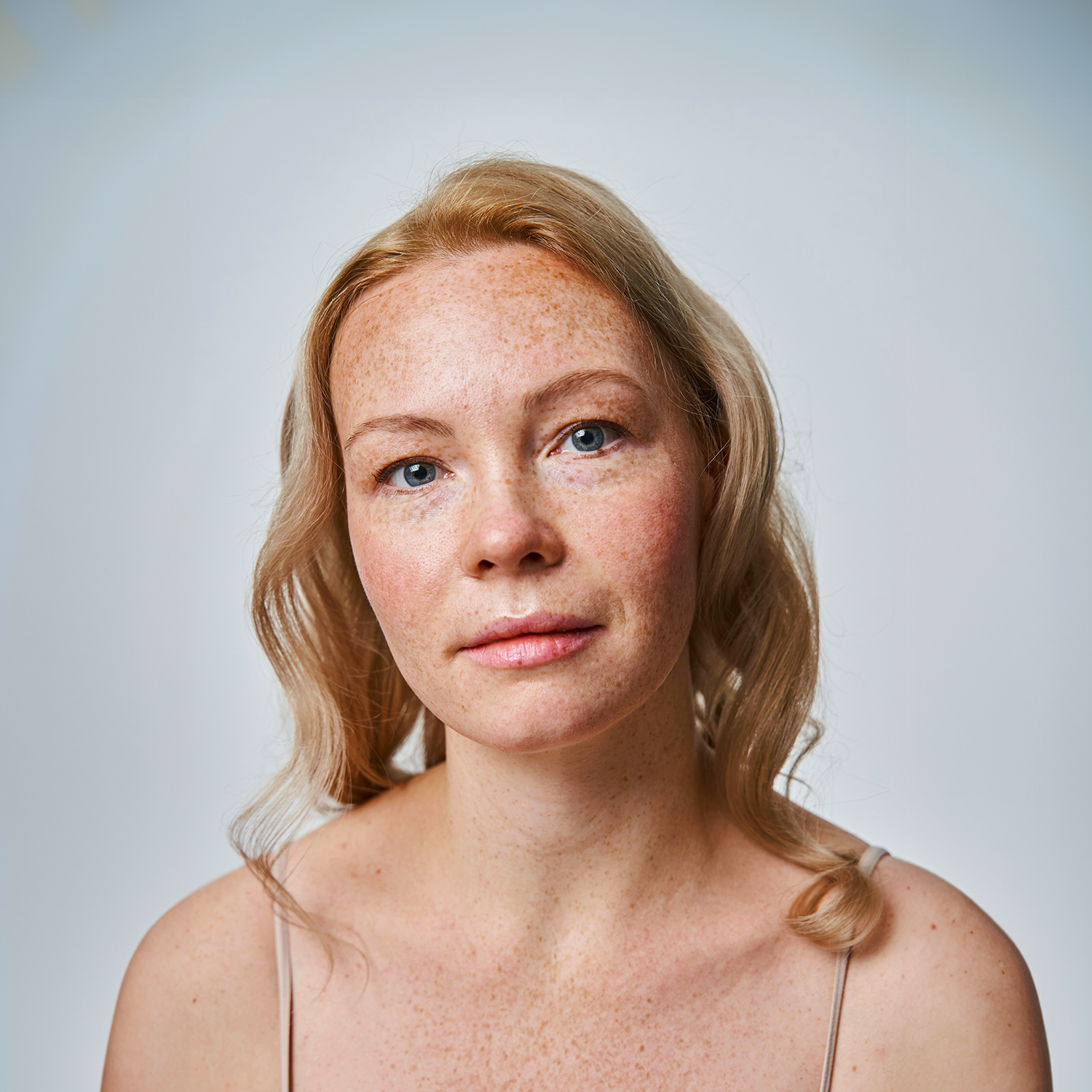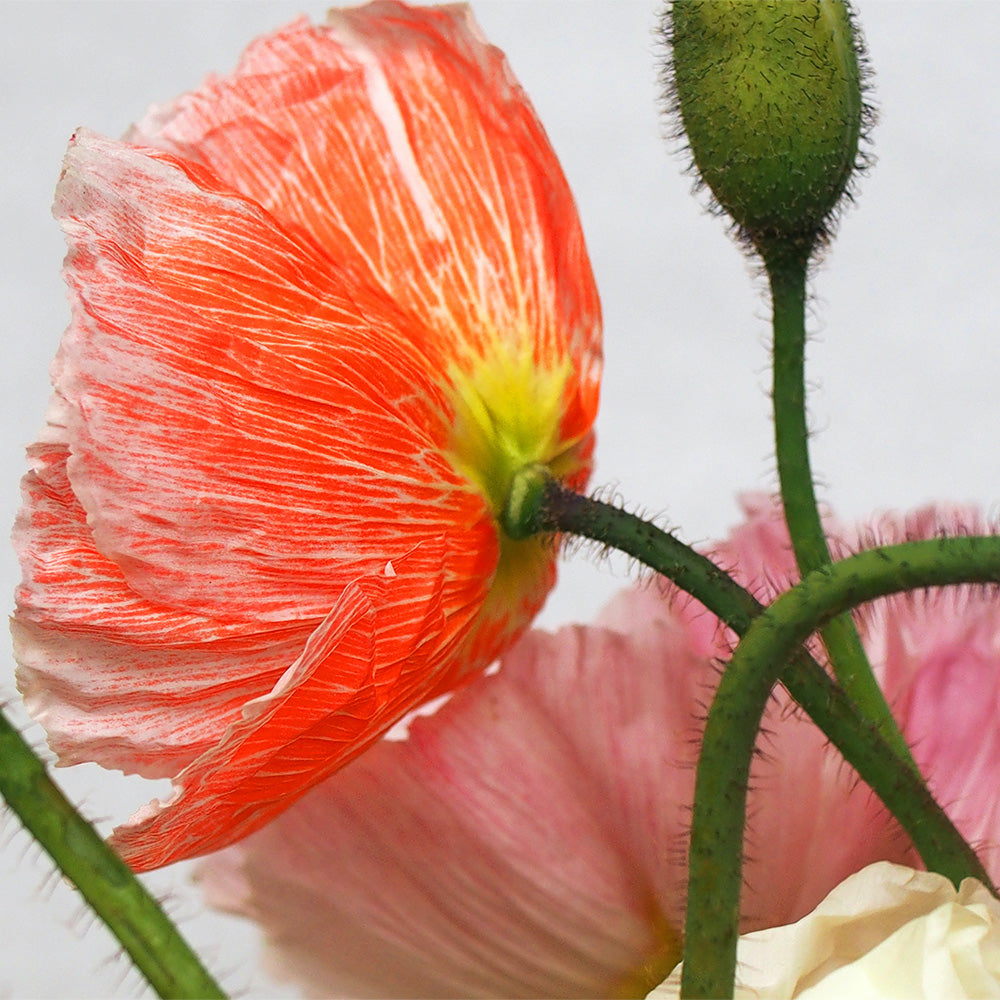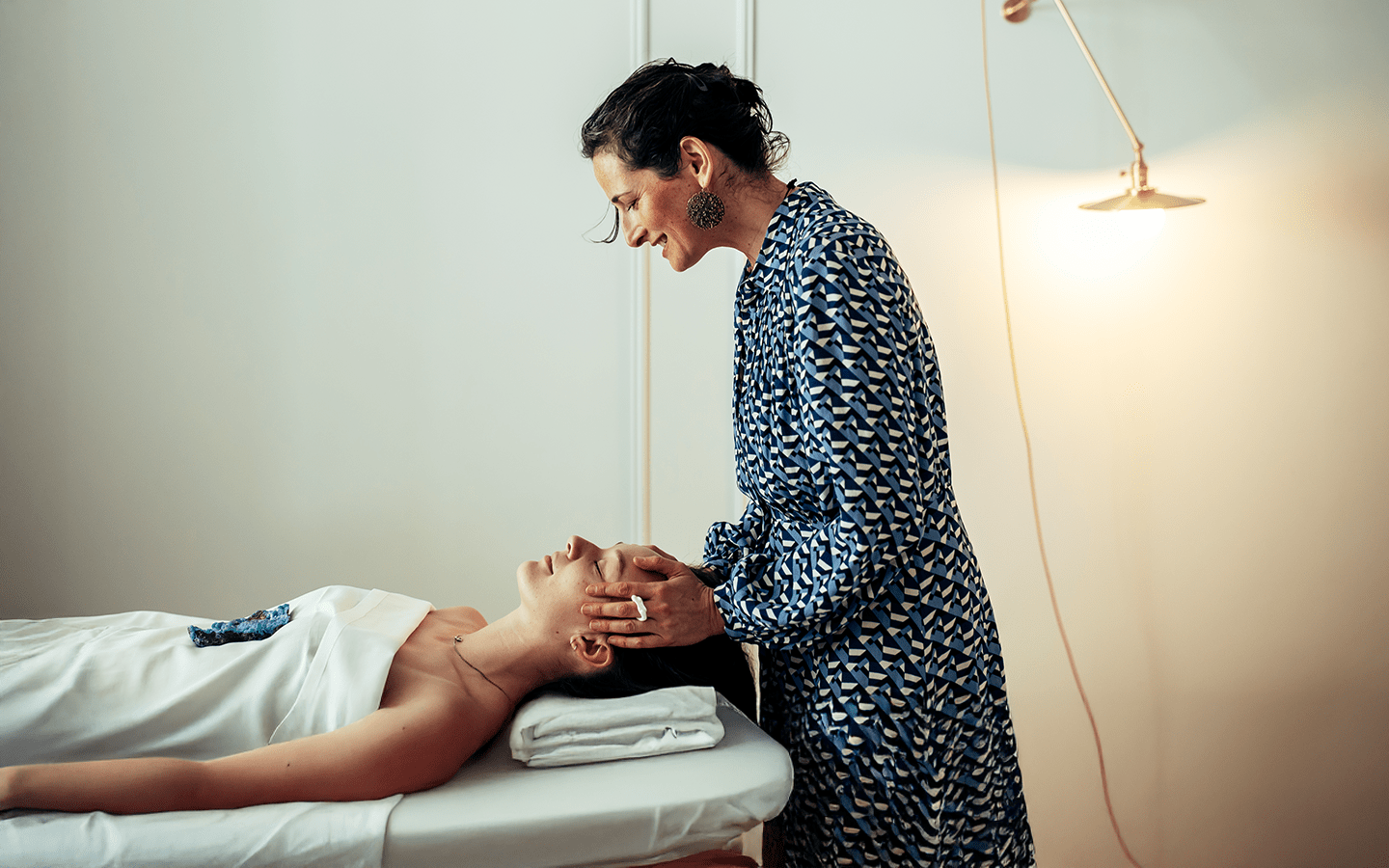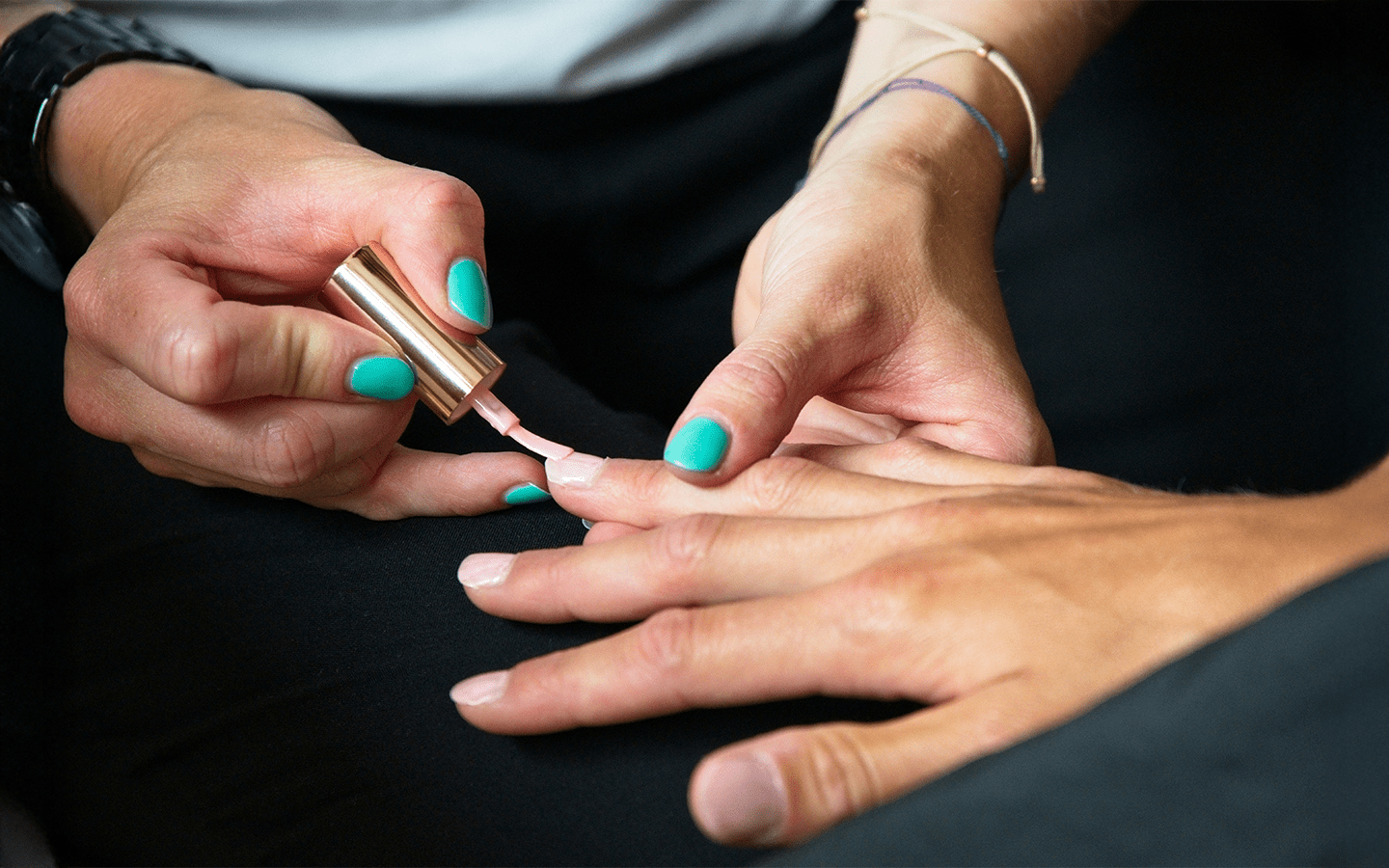
Exploring How Acupuncture Treats Emotional Trauma
Acupuncture treats emotional trauma holistically by regulating the nervous system, releasing endorphins, and alleviating symptoms like anxiety and depression. This non-verbal therapy provides a safe way to process stored emotions, restore balance, and heal trauma by addressing the interconnectedness of our physical, emotional, and spiritual well-being. As an licensed Doctor of Acupuncture and Chinese Medicine, I strive to support patients by utilizing my professional training and by providing a safe space for healing, both physically and emotionally.
Introduction
For the last 20 years, my practice has centered on emotional trauma. It was not what I publicized, but as I made time for people and gave them space, listening and offering and a kind word, low and behold, the physical complaint that brought them to acupuncture soon released a story of breakage, disconnection, and emotional trauma.
Sometimes it manifested differently; after treatment, a patient would say, “That was very relaxing, but I want to tell you something,” and then they would tell a story of near drowning, abuse, a car accident, a violent father, a rape.
Where did this come from? Was it tied up deep within their bodies? Or was it something about me that was like a magnet for stories so brimming and wishing to come out?
Maybe people could sense part of me has an acquaintance with trauma, and thus, there would be a connection. I could hear their sad stories without breaking. People would say, “I have never told anyone before but….” and then begin a story that needed to be shared.
I do not profess to hold degrees in psychology. Still, for whatever reason, my treatments provide the stability people need.
When a client tells me of past trauma, often so brutal and sad, I ask, “How can I be of service?”
And with specific protocols from my training in 5-element acupuncture, I set to work.
I am close by during the treatment. Some people cry and see resolution, or their bodies feel lighter and less burdened.
Key Highlights
- Acupuncture has been used for centuries in traditional Chinese medicine to treat various health issues, including emotional trauma.
- By stimulating specific points on the body (meridians and acupoints), acupuncture helps restore balance, triggers natural healing, and regulates the autonomic nervous system's response to stress.
- Research shows acupuncture can improve mental well-being in people with stress disorders, especially when combined with other strategies like cognitive-behavioral therapy and lifestyle changes.
- Emotional trauma profoundly affects women, stemming from mistreatment, loss, and societal pressures. It manifests physically and mentally, disrupting daily life and relationships.
- Women are more susceptible to anxiety, depression, and stress following traumatic events.
- Trauma can lead to physical symptoms like pain, fatigue, and exacerbate other illnesses.
- Acupuncture aids trauma recovery by alleviating symptoms directly or residually caused by the event.
- Acupuncture restores proper energy flow (Qi) and relaxation, supporting overall healing from trauma without relying solely on medication.
Understanding Emotional Trauma and Its Impact on Women
Emotional trauma has a profound impact on women coming from different places like mistreatment, experiencing loss, or the pressures society puts on them. It shows up both physically and mentally, messing with their everyday lives and how they connect with others.
With traumatic events comes an increase in feelings of anxiety, depression, and stress for many women.
Understanding the effects of emotional trauma and its impact on women is crucial in providing the right kind of help for trauma victims. By acknowledging just how much trauma can change a woman's life, it becomes possible to give her the specific support and care she really needs.
It’s OK to Explore Our Emotional Trauma
Many physical ailments come from our brokenness, and the body has a language to express itself. Back pain, headaches, and PCOS could be just that, but they could be things of the past showing up and saying, “Please pay attention to me!”
When I started my practice two decades ago, how the body and trauma co-mingled seemed woo-woo to most, but times have changed, our culture has changed, and we have changed.
Suddenly, the works of Gabor Mate, M.D and Peter A Levine, Ph.D., are of great interest.
Case in point: Despite being published in 2014 to the sound of crickets, The Body Keeps the Score by Bessel van der Kolk, MD, shot to the top of the New York Times Bestseller List during the pandemic. It stayed there for a whopping 245 weeks, and for 27 weeks, it was number 1.
And just like that, trauma is a thing we can all relate to and try to understand.
The Prevalence of Emotional Trauma in Women
Women tend to face emotional trauma more often than men, showing higher numbers of cases. Research shows they're especially prone to going through tough experiences like sexual abuse and natural disasters, as well as dealing with repeated traumas over time. This makes them more likely to end up with post-traumatic stress disorder (PTSD) and other mental disorders, such as depressive disorder and sleep disorder, which can seriously threaten their life and health. The specific social and biological aspects that women deal with are key in understanding why emotional trauma hits them harder, highlighting the need for support strategies designed just for them.
How Emotional Trauma Manifests in the Body
Emotional trauma can deeply affect the body, showing up as physical pain, ongoing health problems, and trouble with the nervous system. When trauma kicks in, it activates the autonomic nervous system which ramps up stress levels and messes with our overall health. Research shows a clear link between traumatic stress disorder and bodily signs like headaches, stomach troubles, and tense muscles, as well as an increase in the hormone cortisol. Over time, these effects of trauma might lead to hard-to-explain pain or tiredness or make other illnesses worse.
The Basics of Acupuncture as a Healing Practice
Acupuncture comes from Traditional Chinese Medicine and focuses on certain spots on the body to control qi flow, which helps in feeling better all around. By using needles at these spots, acupuncture can ease physical pain, lower stress levels, and make emotional states more stable. This old method sees our bodies as a bunch of paths called meridians that energy moves through. Nowadays, studies back up how well acupuncture works for different health issues, including emotional trauma, showing it's a complete way to treat emotional trauma with the use of a control group.
Historical Roots and Modern Adaptations of Acupuncture
Acupuncture comes from Traditional Chinese Medicine and has been around for a really long time. At first, it was all about helping with physical pain, but over the years, it's started to help people deal with emotional trauma and mental health problems too. Nowadays, acupuncturists mix old-school methods with what we know from science to better target areas that can improve how we feel on the inside. This blend of Eastern practices with Western medicine shows just how well acupuncture works for treating things like migraines, PTSD, and anxiety disorders. It's pretty cool seeing something so ancient still being super relevant today because of its proven effectiveness in dealing with both body pains and emotional issues.
The Science Behind How Acupuncture Works
Acupuncture works by tweaking the nervous system, changing chemical paths in our body, and balancing out brain chemicals. This process helps our body release endorphins which make us feel less pain and more happiness. Research shows that acupuncture can calm down areas of the brain that handle emotions when we're stressed. It might also affect a part of our stress response system, helping to deal with tough emotional experiences. By doing all this, acupuncture takes care of both the mind and body parts related to emotional trauma, offering a complete way to heal from it.
Acupuncture’s Role in Healing Emotional Trauma
Acupuncture can be a valuable tool when it comes to helping people get over emotional trauma.
The way acupuncture can aid in trauma recovery is by alleviating the symptoms either directly or residually caused by the event.
For example, after a car accident, an individual might suffer pain in their neck and experience anxiety whenever they are in a car again.
Acupuncture can help to relieve the neck pain that both hinders quality of life and acts as a constant reminder of the accident. By targeting certain spots, known as acupoints, this method calms down the nervous system and cuts down on stress, making us feel more centered emotionally.
What's interesting about acupuncture is that it looks at everything together - not just trying to make symptoms disappear but also improving mental health overall.
It gets our body's energy moving properly and helps us relax, which helps us recover from trauma.
Acupuncture offers a great support option for those looking for a way to heal emotionally without relying on pharmaceutical interventions.
The Connection Between Acupuncture Points and Emotional Health
Acupuncture points deeply connect with how we feel emotionally, playing a big role in how our nervous system deals with tough experiences.
When these specific spots are targeted during acupuncture treatment, it helps control the autonomic nervous system. This is helpful for people dealing with traumatic stress disorder because it helps them manage their emotions better.
According to traditional Chinese medicine, emotional trauma can upset the body's energy flow, known as Qi.
This not only works to address physical issues that come from experiencing trauma but also supports mental health recovery.
It’s all about understanding that there’s a strong link between where acupuncture points are placed and improving emotional well-being.
Practical Advice for Seeking Acupuncture Treatment
When picking an acupuncturist, especially for dealing with emotional trauma or mental health issues, it's crucial to consider their experience and qualifications. Look out for someone who knows a lot about treating these kinds of problems. Make sure they're fully licensed and come highly recommended by others. It's also important that they are kind and can make you feel safe and supported during your sessions.
Preparing for Your First Acupuncture Session
Before heading to your first acupuncture session, wearing loose and comfortable clothes is a good idea. With meals or drinks, try not to have anything too heavy or any alcohol before you go.
When talking with your acupuncturist, be sure to share if you're worried about something or if there are health issues they should know about.
Keeping hydrated is key; also, try to stay calm and think positive thoughts to get the most out of the treatment. Getting familiar with what happens during acupuncture will help make everything feel smoother for you and improve your overall experience.
Combining Acupuncture with Other Healing Modalities
Acupuncture, when mixed with other healing ways, such as yoga, meditation, massage therapy, and aromatherapy, can be a powerful tool in healing both emotional and physical pain, including chronic pain.
Combining different methodologies can create a more robust healing experience that addresses the root causes of trauma and helps individuals become more resilient.
By incorporating acupuncture with other healing modalities, individuals can experience a more holistic and comprehensive approach to healing emotional trauma.
Lifestyle Changes to Support Emotional Healing
Going through emotional trauma can really shake up your mental health and how you feel overall. While getting acupuncture treatment is a good step, making some changes in how you live day-to-day can also help heal those emotional wounds. Here's what might work well with acupuncture therapy:
- With stress management techniques: By doing things like meditation, breathing deeply, or yoga, you can reduce stress and find some peace.
- On the front of self-care: It’s crucial to look after yourself by sleeping enough, eating right, and staying active to balance your emotions.
- In seeking support, Having people around you who understand what you're going through makes a big difference. These could be friends or family members, but don't overlook support groups, either.
- Through creative outlets: Trying art therapy or writing in a journal gives your feelings an escape route, which helps with healing.
- Establishing healthy boundaries: Knowing when to say no keeps your emotional space safe from more harm.
Mixing these lifestyle tweaks with acupuncture sessions could pave the way for better handling of emotional trauma, boosting both mental health and that sense of inner calm we all need.
Complementary Therapies That Enhance Acupuncture’s Effects
Besides acupuncture, there are a few other helpful methods that can boost its effectiveness in treating emotional trauma. These additional therapies work well together with acupuncture to offer full support for people dealing with such issues. Here's what they include:
- Cognitive Behavioral Therapy (CBT): This is talking therapy where you learn to spot and change negative thoughts and actions. When used with acupuncture treatment, it forms a strong strategy for overcoming emotional trauma.
- Yoga involves body poses, breath control, and meditation to improve overall health. It's great for lowering stress, becoming more flexible, and relaxing deeply, which complements the healing effects of acupuncture.
- Relaxation techniques like muscle loosening exercises, deep breathing routines, and visualizing calming images have been known to help people unwind, reducing worry while encouraging mental recovery. These practices, when combined with an acupuncture session, amplify the calming impact.
Addressing Common Misconceptions About Acupuncture
Many people have the wrong idea about acupuncture, thinking it might hurt or that it's just for body aches.
However, acupuncture is a safe and effective treatment for a variety of conditions, including emotional trauma.
Despite common misconceptions, acupuncture has minimal side effects, such as mild needle pain, small amounts of superficial bleeding, small amounts of hematoma, headache, night sweats, and nausea.
Here's what you should know:
- When it comes to acupuncture being painful, most people find it very easy to handle. The needles are super thin and barely cause any discomfort. At most, you might feel a little tingle when they're put in.
- With acupuncture often seen as something just for physical pain like sore backs or headaches, many don't realize how good it can be for your mind, too. It’s actually great for helping with emotional hurts and mental health problems such as PTSD.
Understanding these points helps clear up the confusion around acupuncture so more people may consider giving this method a chance to help heal their emotional wounds.
The Safety and Regulatory Standards of Acupuncture Practice
When thinking about using acupuncture to help with emotional trauma, it's really important to know that it's done safely and by the rules. Here are some things you should keep in mind:
- Finding a Qualified Acupuncturist: Make sure you go to someone who knows what they're doing. They should have the right training and be licensed to practice acupuncture. This way, you can trust them to take care of you properly.
- Having a Clean Place: The place where they do the acupuncture needs to be super clean and everything used should either be thrown away after one use or cleaned very well if it’s going back again for another round.
- Possible Side Effects: Most of the time, acupuncture doesn’t cause problems but sometimes people might get small bruises, bleed a little bit or feel sore where the needles went in. These issues don't last long though.
By picking someone good at their job and making sure everything is up-to-standard cleanliness-wise, anyone looking into getting better from emotional trauma through this method can feel safe knowing they’re being taken care of correctly.
What’s next?
Using acupuncture to heal emotional trauma is about taking a whole-body approach to address deep feelings of distress. By searching out a skilled acupuncturist and deciding to make some healthy changes in your life, you will be in control of the healing journey. My treatments are not a substitute for talk therapy, but they are beneficial and also very powerful in conjunction with psychotherapy. If you’d like to explore this with me, book a session, and I will support you.
Frequently Asked Questions
How Many Sessions Will I Need to See Improvement?
How many times you need to go for acupuncture depends on the person and how deep their emotional trauma is. Studies, like clinical trials and reviews, have found that going regularly for weeks or months can make a big difference in feeling better. You might need to go once a week or maybe more often; it all comes down to what your acupuncturist thinks is best for you. Talking with your acupuncturist about how long and how often you should come in can help set up a treatment plan that's just right for you.
Can Acupuncture Help with Anxiety and Depression Too?
Acupuncture can really help with anxiety and depression, especially when they come along with emotional trauma. It's been found to lessen anxiety symptoms, make you feel better mood-wise, and boost your mental health overall. By tackling the root causes of imbalance in the body and helping you relax, acupuncture plays a role in dealing with anxiety and depression together with other treatments.
What Are the Possible Side Effects of Acupuncture?
Acupuncture is usually a safe way to help your body feel better, but sometimes people might notice a few small issues. After the needles go in, you might feel a bit sore right there, see some light bruising, or even feel dizzy for a little while. It's pretty rare to have anything serious happen if you're seeing someone who really knows their stuff with acupuncture. Before you get started, it's smart to talk over any worries or questions about what could happen with your acupuncturist. They'll make sure everything they do is just right for what you need and keep things safe for you.













